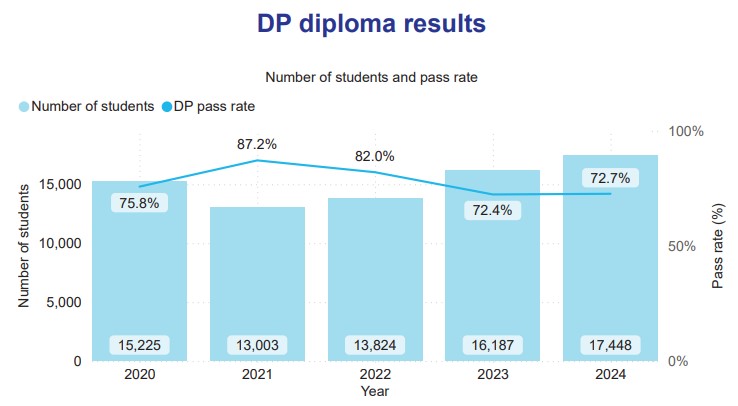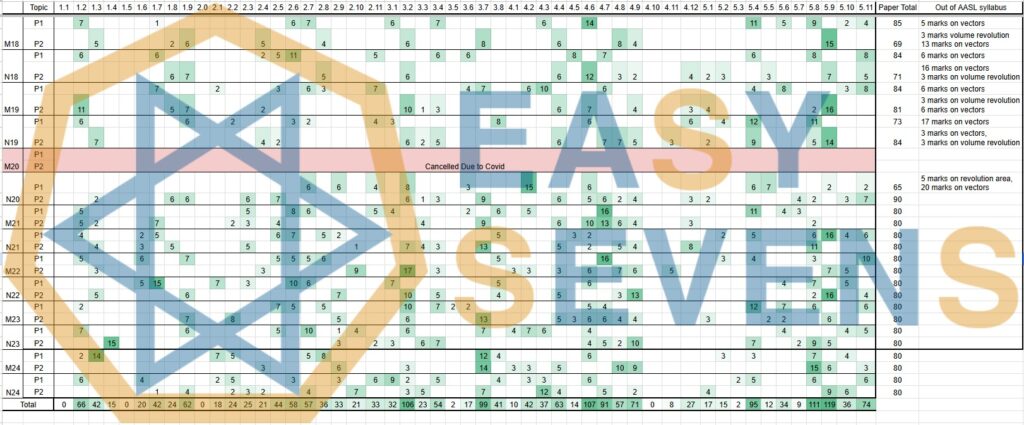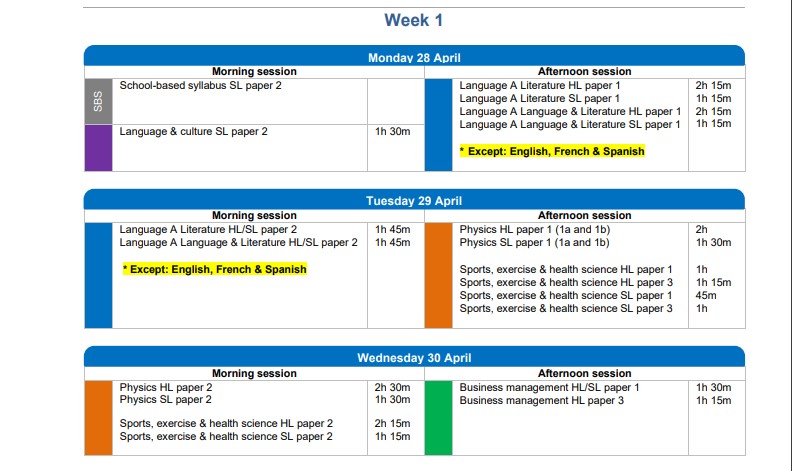Are you considering an IB Diploma but unsure of what it entails? The International Baccalaureate (IB) Diploma Programme is a rigorous and well-rounded curriculum designed for students aged 16 to 19. It is recognized by universities around the world and has been gaining popularity in recent years. In this article, we will provide a detailed breakdown of everything you need to know about the IB Diploma.
The IB Diploma Programme
The IB Diploma Programme is a two-year curriculum that provides a comprehensive education for students aged 16 to 19. The programme is designed to prepare students for university and future employment by emphasizing critical thinking, research, and communication skills. The curriculum is based on six subject groups, which are:
- Language and literature
- Language acquisition
- Individuals and societies
- Sciences
- Mathematics
- The arts
Students are required to take one subject from each of these groups, with the exception of group 6, which is optional. If a student decides not to take a group 6 subject, the group 6 subject may be replaced with any subject from Groups 1-4. All IB students are required to take at 3 subjects at the Higher Level (HL) and 3 in the Standard Level (SL). For students who are confident in their academic abilities, some schools offer the option for students to take 4 HL subjects and 2 SL subjects. In addition, students must complete three core requirements, which are:
- Theory of Knowledge (TOK): This course explores the nature of knowledge and the ways in which we acquire knowledge. It encourages students to think critically about the knowledge they acquire and to consider the different perspectives that exist.
- Extended Essay (EE): This is a 4,000-word research paper on a subject from one of the six subjects that a student takes, and a topic of the student’s choice. It provides an opportunity for students to engage in independent research and to develop their research and writing skills.
- Creativity, Activity, and Service (CAS): This requirement encourages students to engage in creative, physical, and service-oriented activities outside of the classroom. It is designed to foster personal growth and social responsibility.
IB Diploma Passing Requirements
To earn an IB Diploma, students must meet all the requirements listed below, including:
- Complete CAS requirements.
- Securing a “D” grade or above for TOK and EE.
- Scoring a minimum number of 24 points out of 45.
- No grade 1 awarded for any of the 6 subjects taken.
- No more than two grade 2s awarded in any of the 6 subjects taken.
- No more than three grade 3s awarded in any of the 6 subjects taken.
- Get a total of at least 12 points in HL subjects.
- Get a total of at least 9 points in SL subjects.
It is important to note that the IB Diploma programme is designed to challenge students and requires a significant amount of work and dedication. While earning an IB Diploma can be a great accomplishment, it is not the only path to success. Students should carefully consider their goals, interests, and academic strengths before deciding whether the IB DP is the right fit for them.
New Curriculum Changes to Note for Subjects in IB Diploma
It is important for parents and students to note the following curriculum changes to the IB Diploma. Candidates who are considering to take the IB DP should visit the IBO website and carefully examine the updated syllabuses to keep up to date with the latest topics. Moreover, students should double check with universities to ensure that updated subjects can still be used to satisfy entrance requirements.
Recently Updated IB Subjects | First Examination Date |
Environmental Systems and Societies (ESS) | May 2026 |
Global Politics | May 2026 |
Sports, Exercise, and Health Science (Sports Science) | May 2026 |
May 2025 | |
May 2025 | |
Philosophy | May 2025 |
May 2025 | |
Business Management | May 2024 |
Classical Languages | May 2024 |
Digital Society | May 2024 |
Literature and Performance | May 2024 |
Theatre | May 2024 |
Advantages of the IB Diploma
The IB Diploma offers many advantages for students who complete the programme. Some of the key advantages include:
- Preparation for university: The IB DP is recognized by universities around the world and is designed to prepare students for the demands of university-level work. Students who complete the programme are well-prepared for the rigors of higher education.
- Well-rounded education: The IB DP provides a well-rounded education that emphasizes critical thinking, research, and communication skills. Students are exposed to a wide range of subjects and are encouraged to develop a broad range of skills.
- International recognition: The diploma curriculum is recognized by universities and employers around the world. It demonstrates that students have completed a rigorous and challenging curriculum and are well-prepared for future academic and professional pursuits.
- Personal growth: The diploma encourages personal growth through the CAS requirement. Students are encouraged to engage in creative, physical, and service-oriented activities, which helps them develop their leadership skills and social responsibility.
Challenges of the IB Diploma
While the IB Diploma offers many advantages, it is also a challenging programme that requires a significant amount of work and dedication. Some of the key challenges of the programme include:
- Time management: The IB DP requires students to balance coursework, TOK, EE, and CAS requirements. This can be challenging and requires strong time management skills.
- Workload: The IB DP is a rigorous programme that requires a significant amount of reading, writing, and research. Students must be prepared to put in the necessary time and effort to succeed.
- Stress: The demands of the IB Diploma can be stressful for some students. It is important for students to have a support system in place and to take care of their physical and mental health.
Is the IB Diploma Right for You?
The IB Diploma is an excellent option for students who are looking for a challenging and well-rounded education. It is particularly well-suited for students who are interested in pursuing higher education and who want to develop a broad range of skills. However, it is important to consider whether the curriculum is the right fit for you before making a decision.
Here are some factors to consider when deciding if the IB DP is right for you:
- Your academic strengths: The IB DP is a challenging programme that requires students to have strong academic skills. If you struggle with certain subjects or find academic work challenging, the DP curriculum may not be the best fit for you.
- Your interests: The IB DP offers a broad range of subjects, but not all subjects may be of interest to you. Consider whether the subjects offered align with your academic and personal interests.
- Your goals: The DP is designed to prepare students for university and future employment. Consider whether these are your goals and whether the DP will help you achieve them.
- Your work ethic: The DP requires a significant amount of work and dedication. Consider whether you have the work ethic and time management skills to succeed in the programme.
Conclusion
The IB DP is a challenging and well-rounded programme that prepares students for university and future employment. It offers a broad range of subjects and emphasizes critical thinking, research, and communication skills. While the programme offers many advantages, it is also challenging and requires a significant amount of work and dedication.
If you are considering the IB Diploma, it is important to carefully consider whether it is the right fit for you. Consider your academic strengths, interests, goals, and work ethic before making a decision. With the right preparation and dedication, the DP curriculum can provide an excellent education and prepare you for future success.
Frequently Asked Questions (FAQs)
Q: What is the IB Diploma programme?
A: The IB Diploma programme is a challenging two-year programme for high school students that offers a well-rounded education and prepares students for university and future employment.
Q: What subjects are included in the IB Diploma programme?
A: The IB Diploma programme includes six subject areas: studies in language and literature, language acquisition, individuals and societies, sciences, mathematics, and the arts.
Q: What are the core requirements of the IB Diploma programme?
A: The core requirements of the IB Diploma programme include an extended essay, a course in theory of knowledge (TOK), and a program in creativity, activity, and service (CAS).
Q: How is the IB Diploma programme different from other high school programmes?
A: The IB Diploma programme is designed to be a well-rounded education that emphasizes critical thinking, research, and communication skills. It also prepares students for university and future employment by developing a broad range of skills.
Q: Is the IB Diploma programme right for everyone?
A: The IB Diploma programme is challenging and requires a significant amount of work and dedication. It is important to carefully consider your academic strengths, interests, goals, and work ethic before deciding whether the IB DP programme is the right fit for you.
Q: How do I earn an IB Diploma?
A: To earn an IB Diploma, students must complete six subject areas, the core requirements, score a minimum of 24 points on their IB assessments and satisfy the requirements listed in the passing requirements section above.
Q: Are there any advantages to earning an IB Diploma?
A: Earning an IB Diploma can provide several advantages, including preparation for university and future employment, a well-rounded education, and development of critical thinking, research, and communication skills.
Q: Can I still be successful without earning an IB Diploma?
A: Yes, earning an IB Diploma is not the only path to success. There are many different educational paths and career options available to students. It is important to carefully consider your goals and interests when choosing a path.




